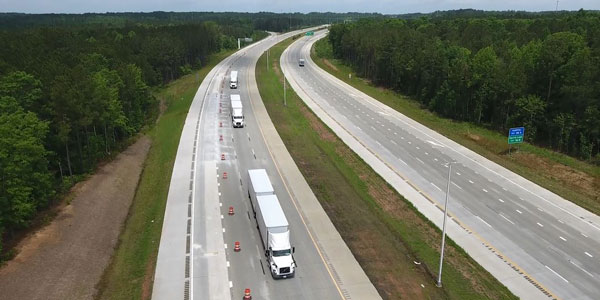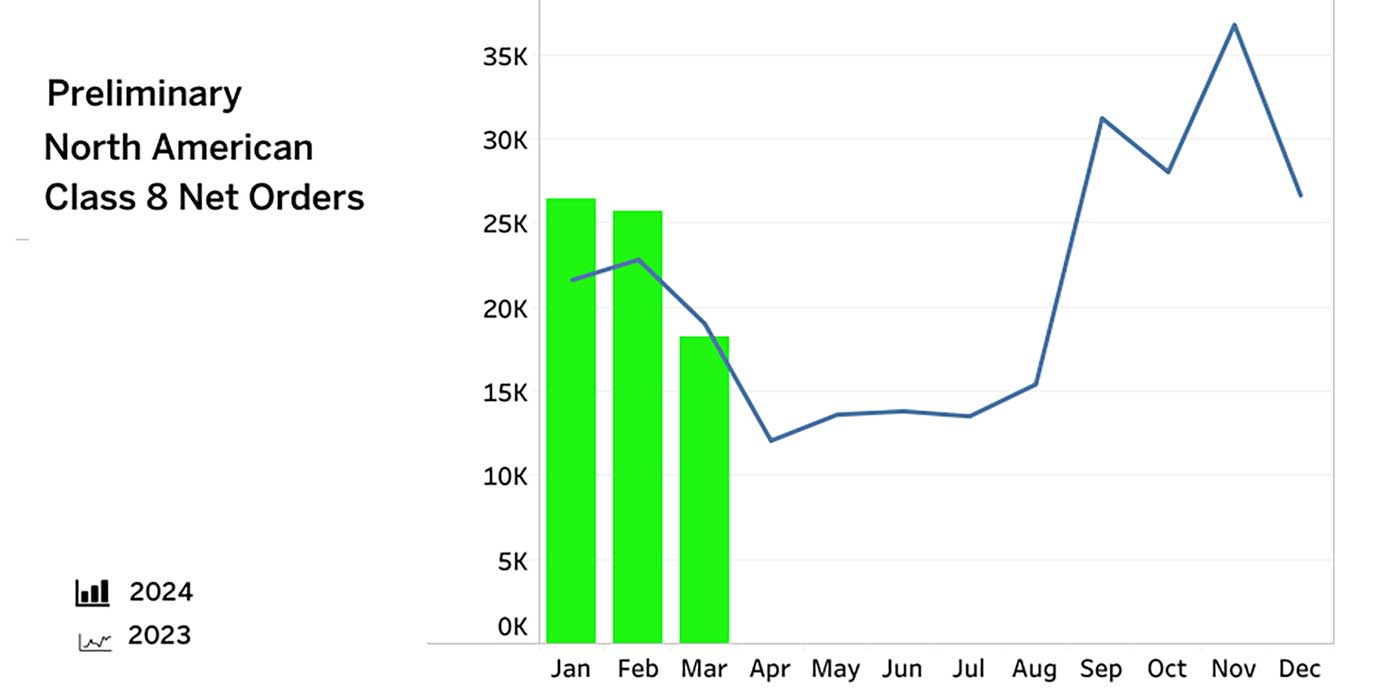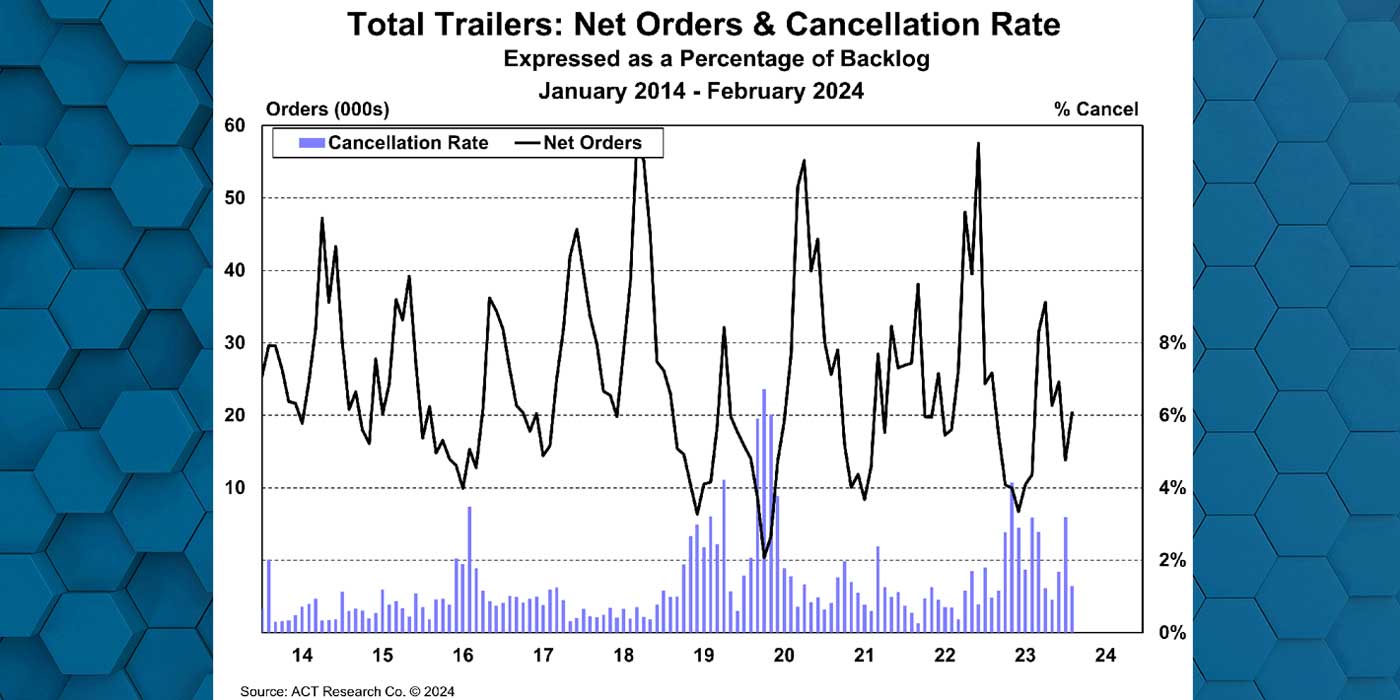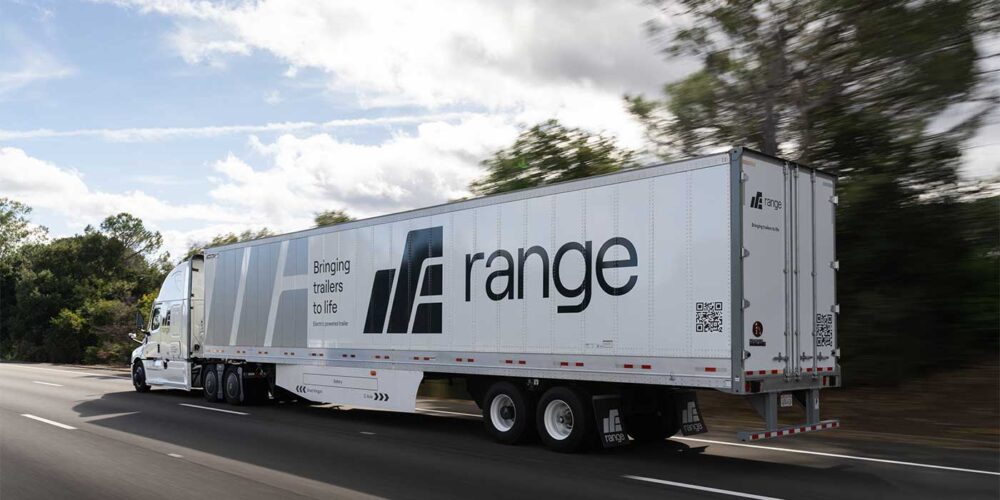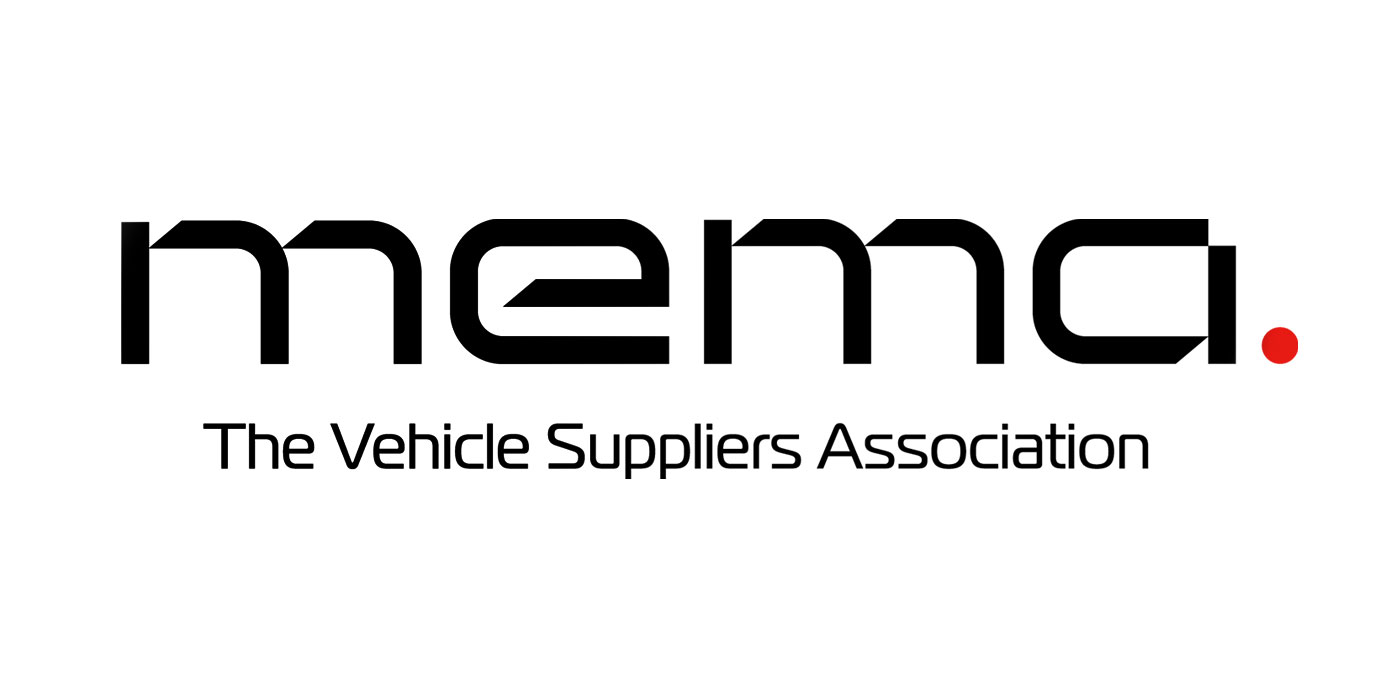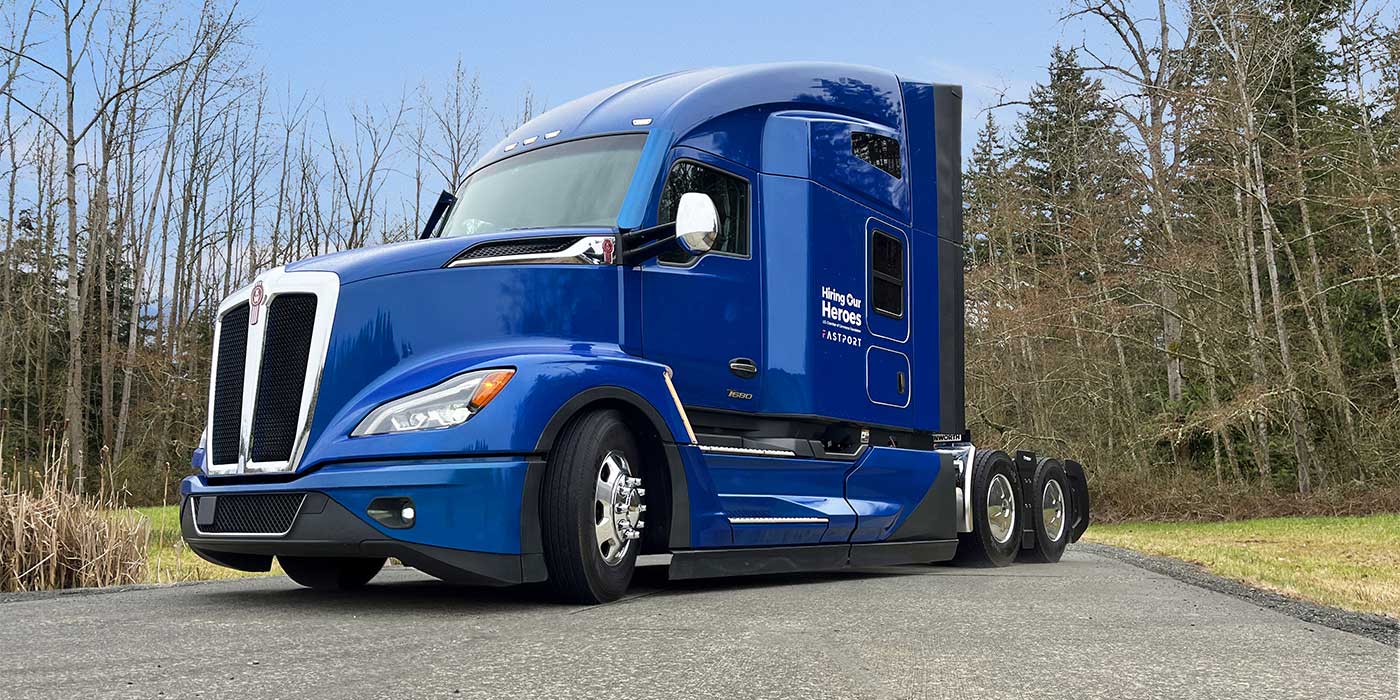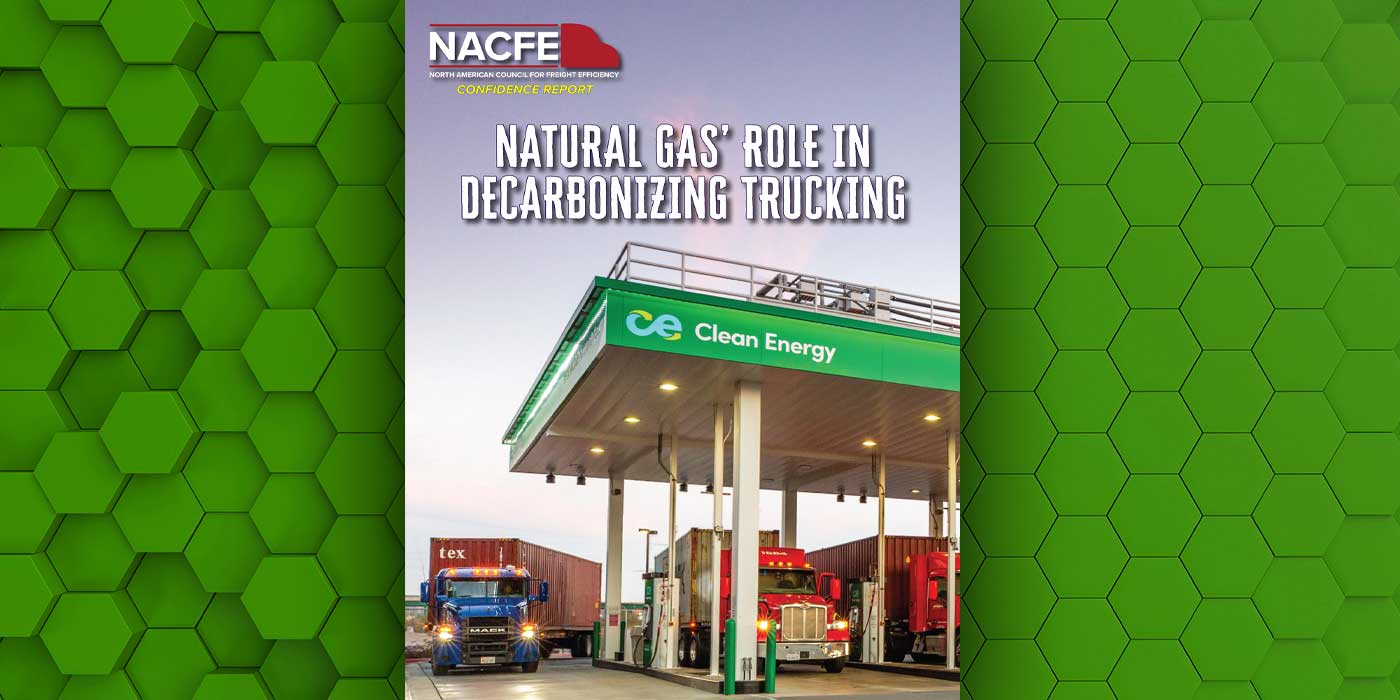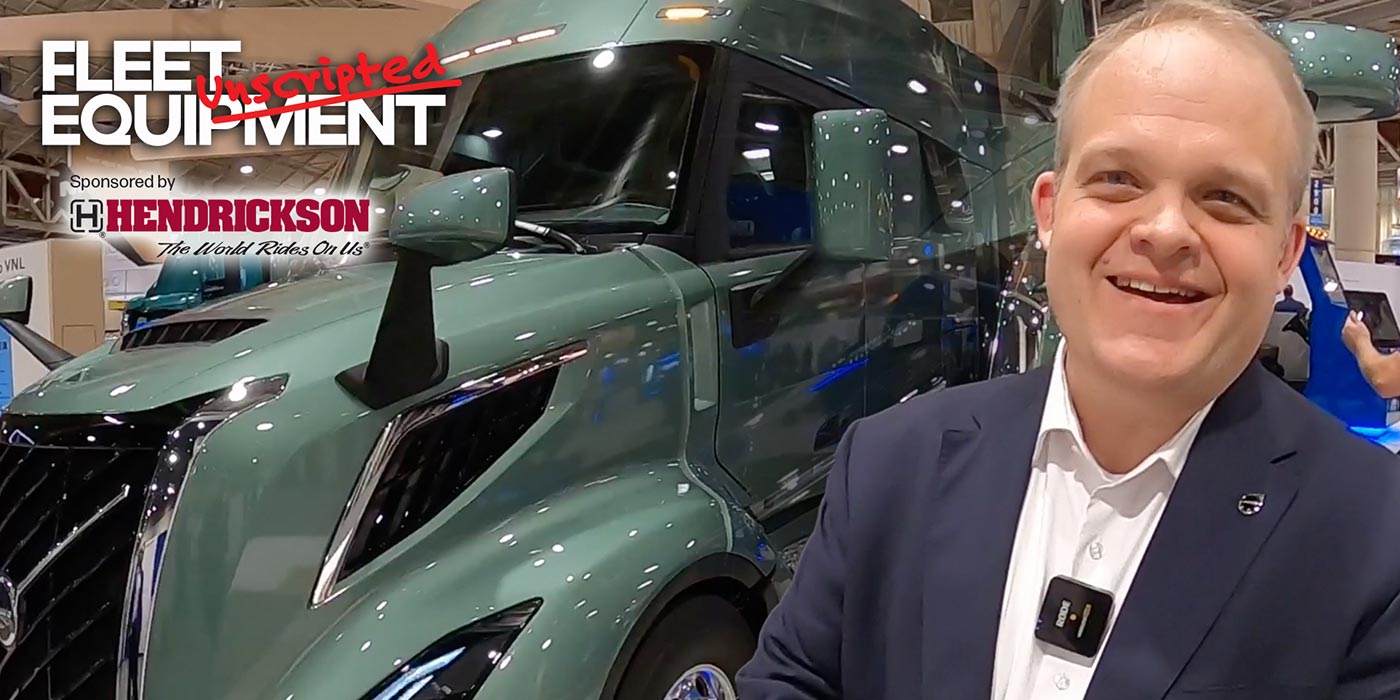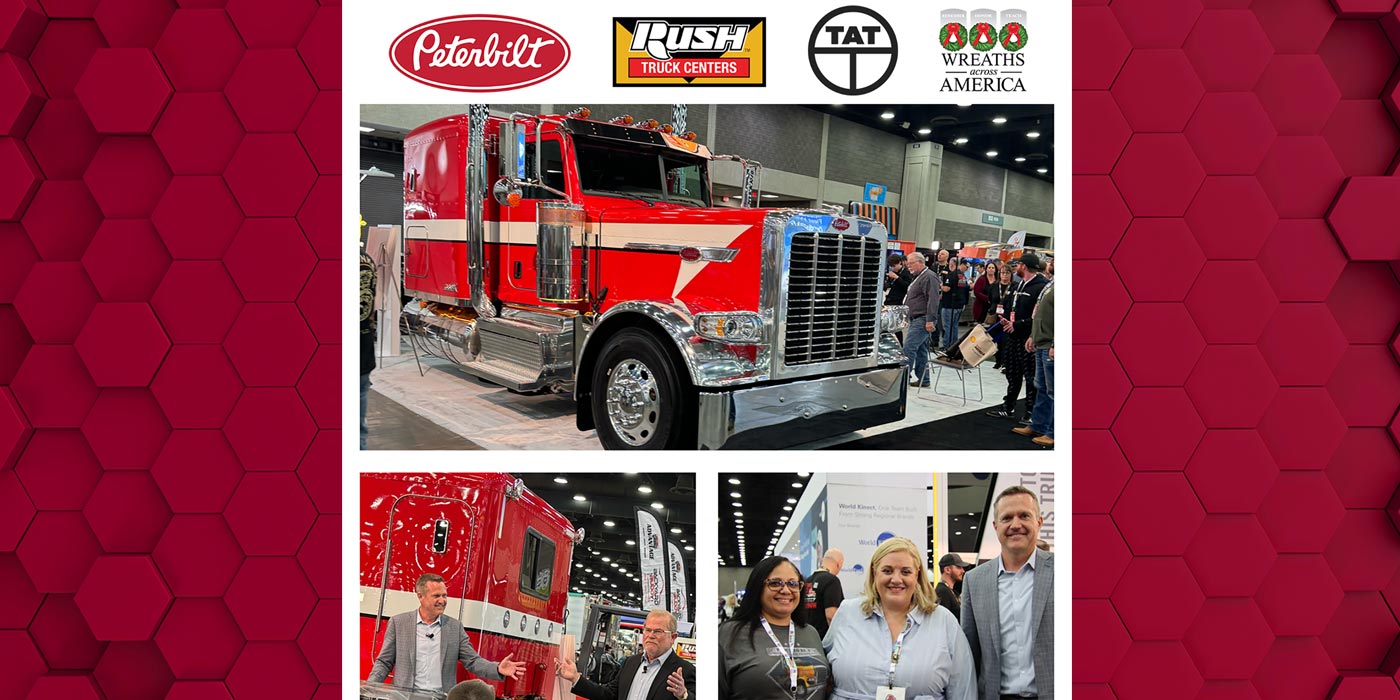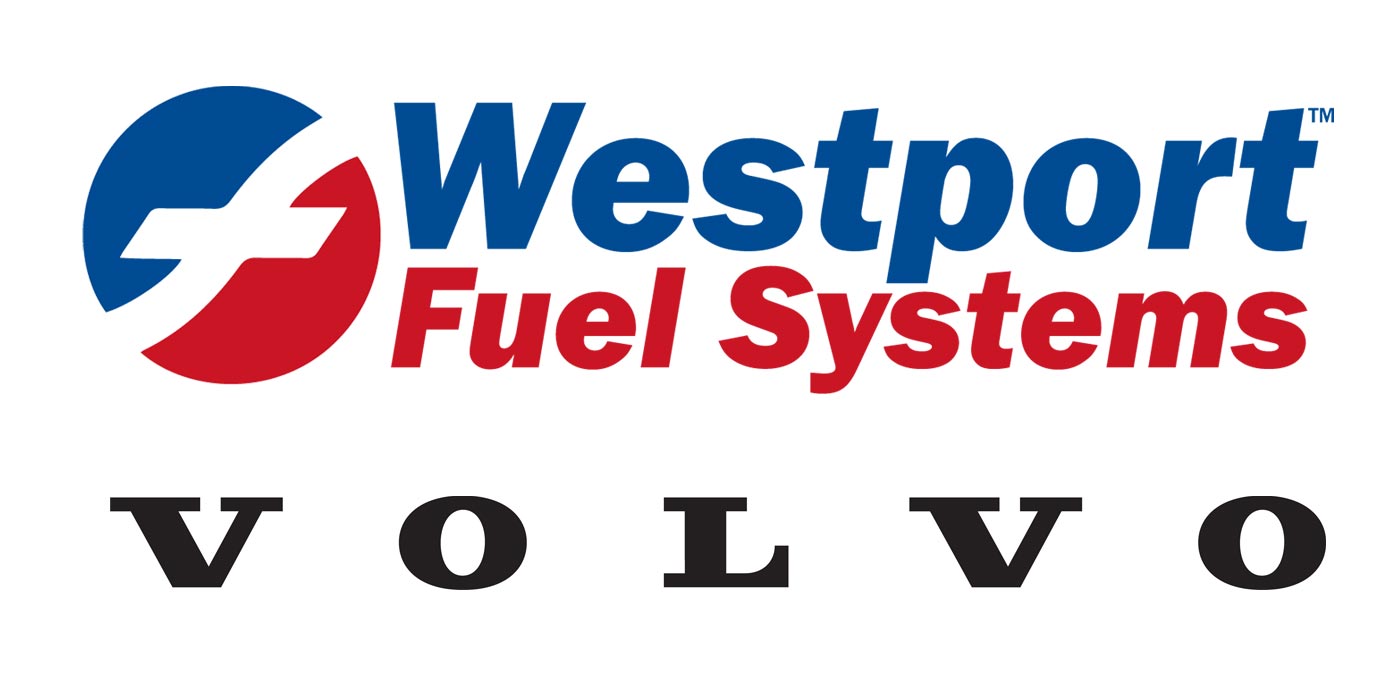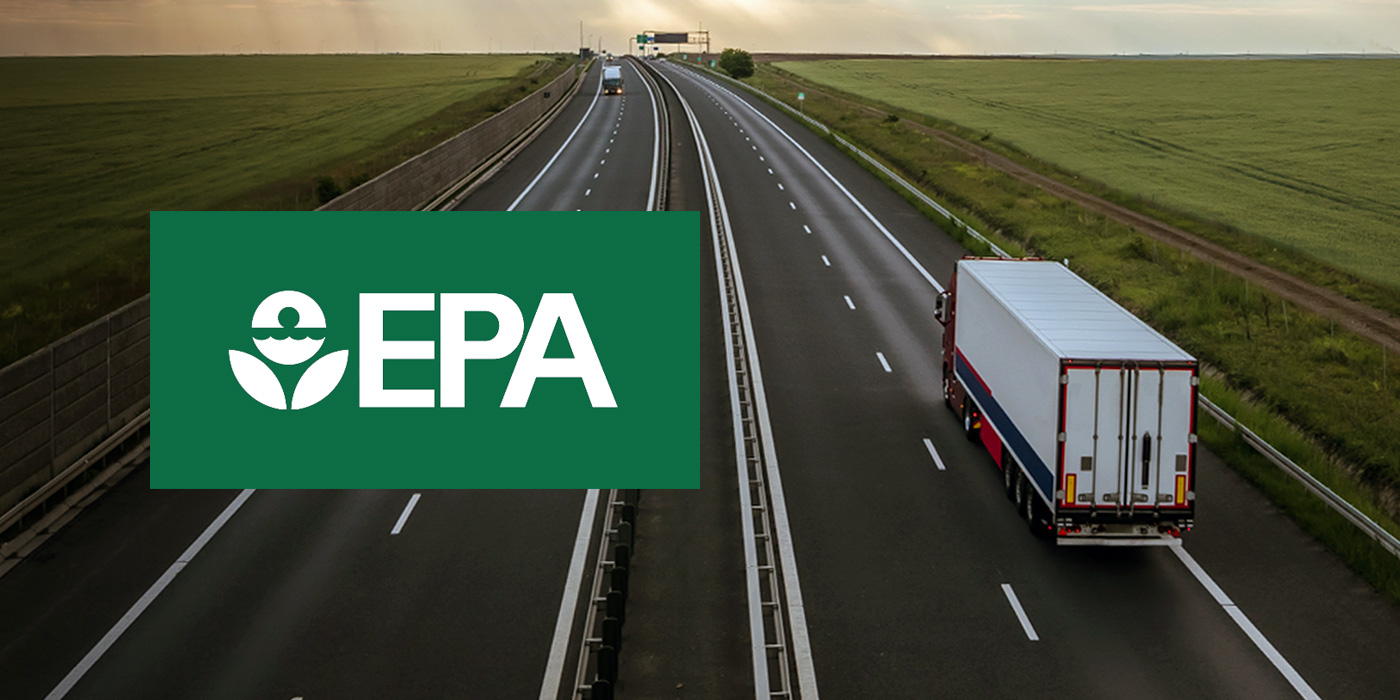Volvo Trucks North America recently teamed up with FedEx and the North Carolina Turnpike Authority to use advanced driver assistance system (ADAS) technology to conduct on-highway truck platooning as part of an ongoing research collaboration. The trucks used Volvo’s Cooperative Adaptive Cruise Control (CACC) on N.C. 540, the Triangle Expressway.
“Volvo Trucks has long supported platooning because it benefits freight companies and professional drivers alike through safer, more fuel-efficient operations,” said Per Carlsson, acting president of Volvo Trucks North America. “We continue preparing for deployment of trucks with greater vehicle-to-vehicle communication capabilities that support higher levels of ADAS. We know these technologies will be part of our future, but exact timing depends on many things, namely regulations, infrastructure, safety standards, and market demand.”
The platoon consisted of three professional truck drivers in Volvo VNL tractors, each pulling double 28-ft. trailers. Through CACC, a wireless vehicle-to-vehicle (V2V) communication technology, the tractors and trailers remained in constant communication. The tractors and trailers traveled at speeds of up to 62 MPH while keeping a time gap of 1.5 seconds, maintaining a closer distance than what is typical for on-highway tractors. Staged and unplanned vehicle cut-ins demonstrated how the technology handles common traffic situations.
“Volvo’s V2V technology is based on Dedicated Short-Range Communication (DSRC), which has proven its capability to perform well in the V2V environment,” said Keith Brandis, Volvo Trucks North America’s vice president for product planning. “Dedicated bandwidth within the 5.9GHz spectrum is critical for the successful deployment of V2V application, like truck platooning.”
Today’s demonstration is the result of an ongoing research collaboration. Since April, three Volvo VNL tractors have been paired with various combinations of FedEx trailers to simulate real-world routes and trailer loads while traveling on N.C. 540. The potential benefits of platooning that are being studied during this collaborative research include faster responses to hard braking while maintaining safety and fuel efficiency.
“FedEx was built on innovation and it continues to be an integral part of the FedEx culture and business strategy,” said Gloria Boyland, corporate vice president of operations and service support for the FedEx Corp. “We are pleased to collaborate with Volvo Trucks and the North Carolina Turnpike Authority to learn more about how platooning technology can benefit our team members while improving fuel efficiency for our fleet.”
“This collaboration demonstrates the Turnpike Authority’s commitment to invest in the safety of customers with state of the art technology that could become an invaluable tool for transportation,” said Beau Memory, executive director of NCTA. “With some of the most advanced roadways in the nation, the Turnpike Authority wants all drivers to have every tool and technological advancement necessary to reach their destination safely and efficiently.”
Volvo and FedEx say they plan to continue developing the Volvo CACC technology on N.C. 540 into the foreseeable future with the goal of continuing to learn about the potential benefits offered by vehicle platooning. Additionally, this advanced testing will allow the participants to adapt to the technological and regulatory developments that will ultimately determine the commercial viability of platooning technology in the United States, the companies said.
For a detailed explanation of platooning, read our story here.

